The position of Archbishop of Canterbury has been vacant since January 2025. Who will be the person to guide the Church of England through what has been a volatile era of polarisation, safeguarding scandals, yet spiritual awakening amongst the youth and renewal in the UK. Here are seven prospective candidates

The position of Archbishop of Canterbury has remained vacant since Justin Welby formally resigned on January 7 2025, following the completion of his final official duties on January 6. Although still in its early stages, the process for finding his successor has already spanned several months — and is expected to take many more before a final decision is reached.
The Crown Nominations Commission, which consists of 17 members and must agree with a two-thirds majority, will short list and interview candidates before eventually making a recommendation to the prime minister. The PM then forwards the name to King Charles III, the supreme governor of the Church of England, who formally makes the appointment.
Predicting the next archbishop is notoriously difficult – Welby himself was a famously left-field choice. However, a number of names have been placed in the frame, including several female bishops. If appointed, they would make history by becoming the first ever woman to become Archbishop of Canterbury.
1. Rt Rev Martyn Snow, Bishop of Leicester
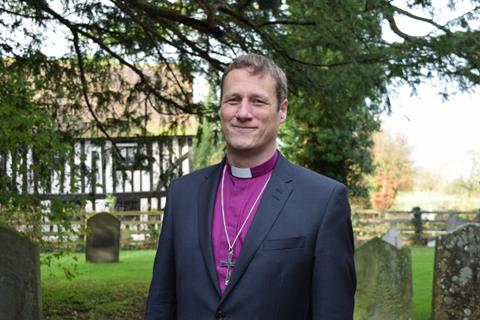
Born in Indonesia and having previously worked in West Africa, Snow has a background in the global Church. He has worked to combat homelessness and is overseeing the CofE’s target to raise up 30,000 new children’s and youth leaders by 2030. He is the lead bishop for Living in Love and Faith (LLF), the CofE’s attempt to “journey together” on debates over sexuality. Given Snow abstained from a vote on blessings for gay couples, some hope he will be able to hold the CofE together in unity.
2. Rt Rev Dr Guli Francis-Dehqani, Bishop of Chelmsford
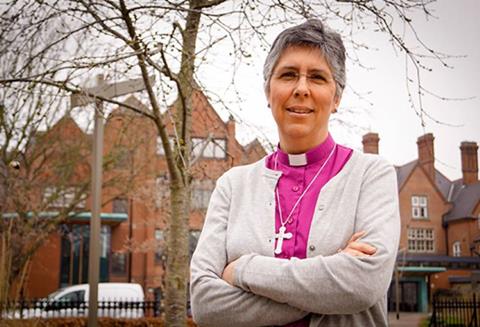
Francis-Dehqani was ordained in 2017, just three years after the first woman bishop was appointed. She was born in Iran and has spoken about her brother’s murder in the aftermath of the Iranian Revolution, which prompted her family to flee to Britain. When profiled recently in Premier Christianity, Bishop Guli lamented the polarised nature of our national debates and advocated an approach which looks at “the grey space within the binaries”. Guli was one of 44 bishops to sign an open letter in support of priests being allowed to enter into same-sex marriages in 2023.
3. Rt Rev Graham Usher, Bishop of Norwich
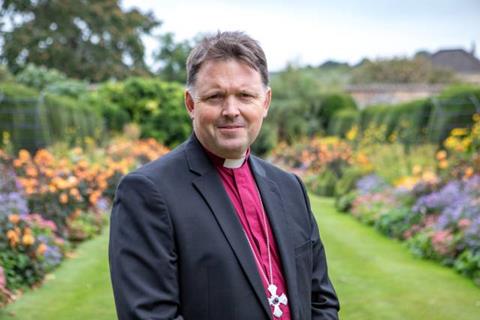
Currently lead bishop on the environment, Usher was widely believed to be a frontrunner for the next head of the Church of England. However, he recently ruled himself out of contention by committing to serve on the commission that will nominate the archbishop. Usher studied ecological science at the University of Edinburgh and theology at Corpus Christi College, Cambridge. He is a keen beekeeper, and patron or president of 25 charities. Usher is in favour of blessing same-sex couples in church.
4. Rt Rev Rachel Treweek, Bishop of Gloucester
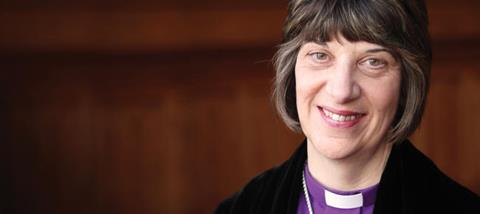
Treweek grew up in Hertfordshire where, as a child, she asked to join the all-male choir at her local church — an early act that set a precedent for the path she would later walk. In 2015, she became the first female diocesan bishop in the Church of England and the first female bishop admitted to the House of Lords. Before ordination, Treweek worked as a speech and language therapist and previously spoke to Premier Christianity of her wrestle with God’s call to ministry at a time when women were still barred from becoming CofE priests. In 2023, Treweek stated that she supported the celebration and blessing of “faithful monogamous same-sex relationships”, but did not support changing the Church of England’s doctrine of marriage as the life-long union of one man and one woman.
5. Most Rt Rev Stephen Cottrell, Archbishop of York
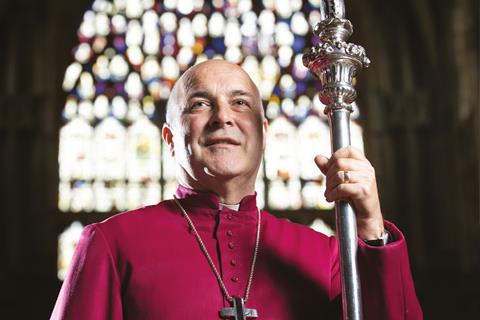
Currently the most senior leader of the Church of England, Cottrell, 66, has served as Archbishop of York since 2020. While he would be a natural frontrunner, his age — close to the standard retirement age for clergy — may rule him out, as bishops are generally required to retire by 70 unless granted special permission to continue until 75. He has also come under criticism for his role in recent safeguarding scandals, with some clergy calling for his resignation.
6. Rt Rev Dame Sarah Mullally, Bishop of London
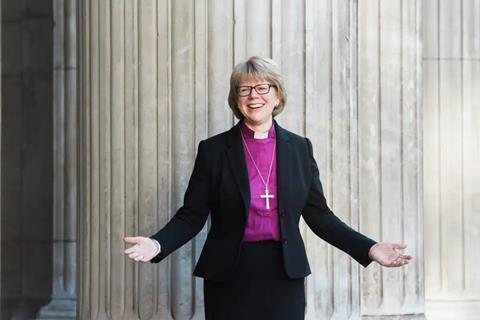
Formerly the NHS’s Chief Nursing Officer, Mullally came to ordained ministry later in life, bringing high-level leadership experience from outside the Church. Now the third most senior bishop in the Church of England, she was once a candidate for Archbishop of York. Mullally has a strong public profile, presiding over national events such as Remembrance Sunday, and leads a thriving diocese. She described the prayers of blessing for same-sex couples as a “moment of hope for the Church”.
7. Rt Rev Helen-Ann Hartley, Bishop of Newcastle
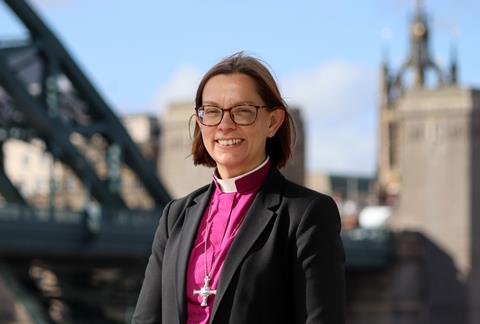
Bishop of Newcastle since April 2023, Hartley has previously served as Bishop of Waikato, a diocese of the Anglican Church in Aotearoa, New Zealand and Polynesia. She is known for her vocal criticism of other senior clergy regarding safeguarding issues and was the only bishop to publicly call for Archbishop Welby’s resignation, describing his position as “untenable” in light of safeguarding failures. While her boldness may resonate with those demanding reform, it could also alienate senior figures whose support she would need to secure the top job. Hartley has previously said that she supports “full inclusion of LGBTQIA+ people in the life of the Church”, including the introduction of same-sex marriage.
































3 Readers' comments